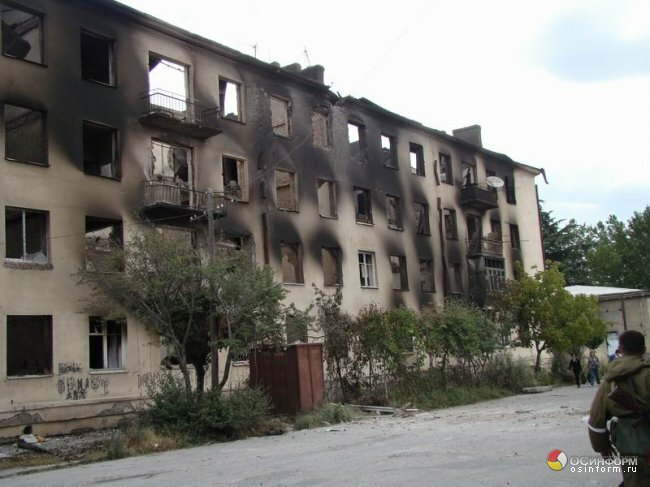No, it's a direct attack on your opinion, stated here, that a standard must be good if it is currently in use. That is idiot pseudo-logic.
My argument is that the standard is a relevant, not necessarily a good, one. The standard gains in “goodness,” however, because quite a number of other standards are worse. Inasmuch as it is relevant, Russia claims to abide by that standard.
Obviously, we can have reference back to Marina’s original point that every situation is to some extent self-contained and can beget its own standards. Of course, establishing “universal” rules, as players in the international community are wont to do so they do not become known as mavericks, requires reference to some widely acknowledged standard. This is the standard. Debates over universal application of an “easy” test are worthless if you take every situation on its own merit. Even dangerous, if you believe that precedent matters (as some have pointed to the Iraq War, for example).
This standard is based on the same standard that has been in use for centuries: countries are defined by other countries, primarily powerful ones. The idea that this should carry any more ethical weight than any other standard is preposterous in the extreme.
Because it has so long been in use, this standard has the benefit of consistency. It is certainly the one on which Georgia operated and on which the rest of the international community has tended, at least legally, to operate upon. If rules count, Georgia followed certain rules; Russia did not. During the actual fighting, Georgia later broke some rules (although it would seem that I find them less among the company of international pariahs than many other people here).
Your loud assertion of South Ossetia’s
de facto independence suggests that you have sympathy for a standard similar to what was imagined by John Stuart Mill – the whole self-actualization idea.
Alone? Of course not. But you have given no justification for your claim that they should be completely disregarded.
Before we get into what we should and should not disregard, you might try committing to a specific definition.
As I pointed out above, you have apparent sympathy for South Ossetian and Abkhazian independence, and therefore, think that Georgia was, in the first instance, wrong to escalate. I’m still very curious why you believe that Georgia has no claim.
I never even laid out a "plan", but that obviously isn't stopping you from commenting on it. I'm sure that whatever imaginary person you're arguing with in your head is really embarrassed at how badly you regularly defeat him in debate.
My chief complaint is the subjectivity of moral superiority. Even if you advocate that a rebellion pass a battery of independent tests before qualifying as “deserving of independence,” who is the judge, how far back can s/he read into history when searching for invalidating circumstances, and are we using absolute standards of guilt (i.e., the crimes makes the criminal) or relative ones (i.e., the lesser guilt, the greater claim)?






